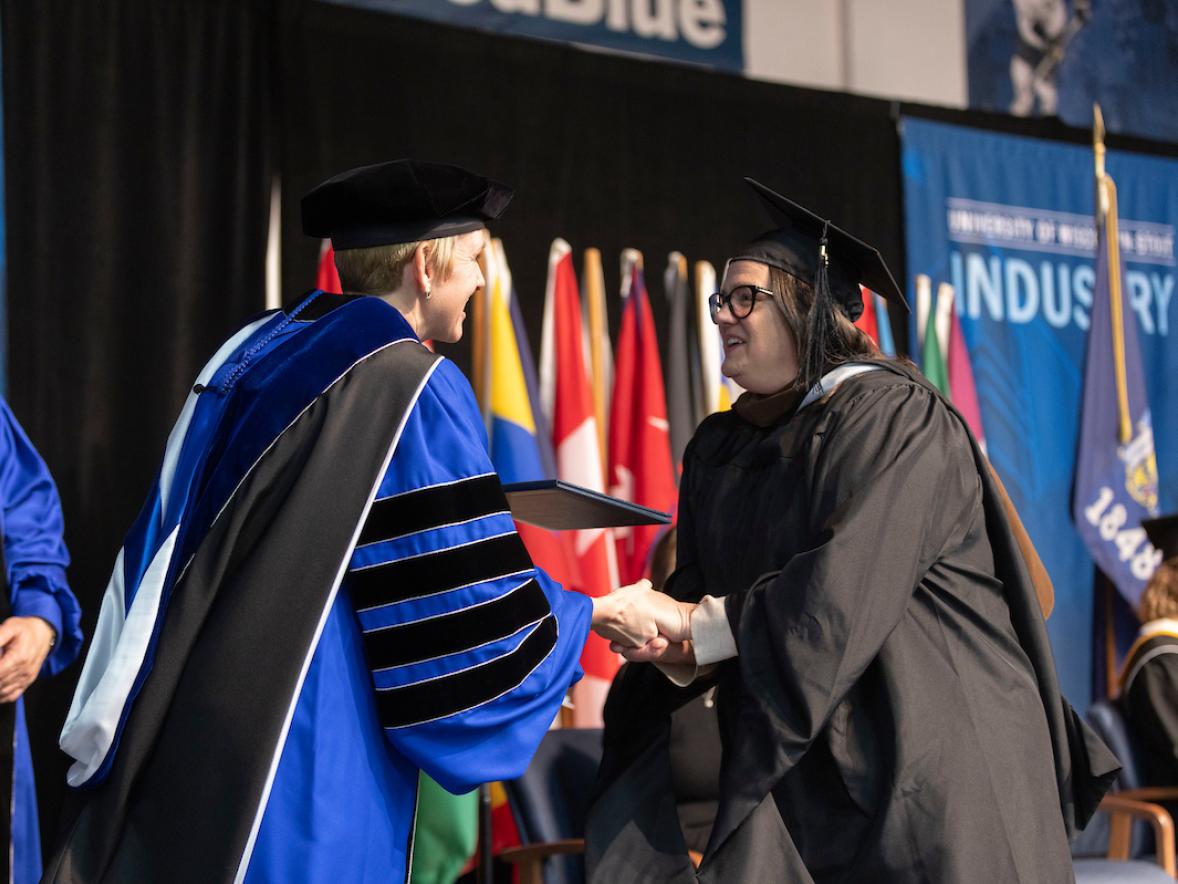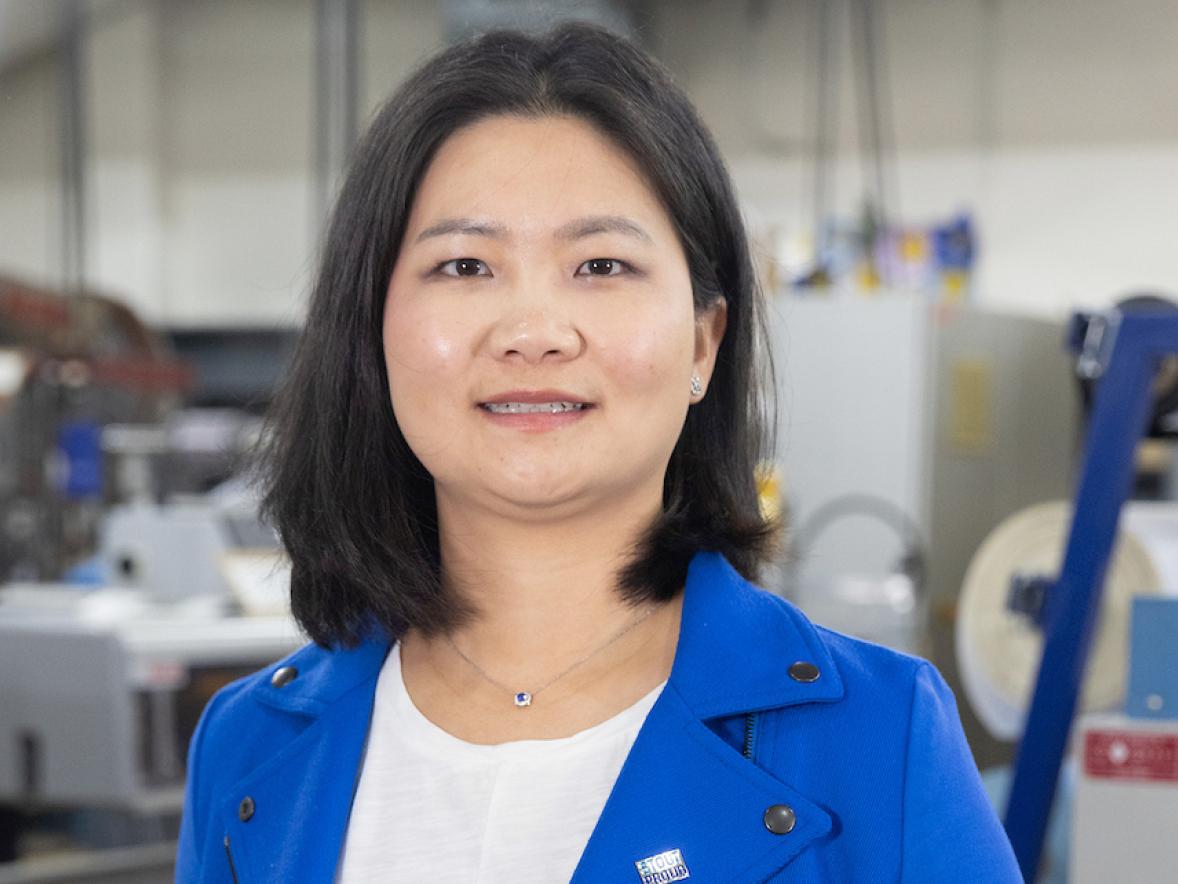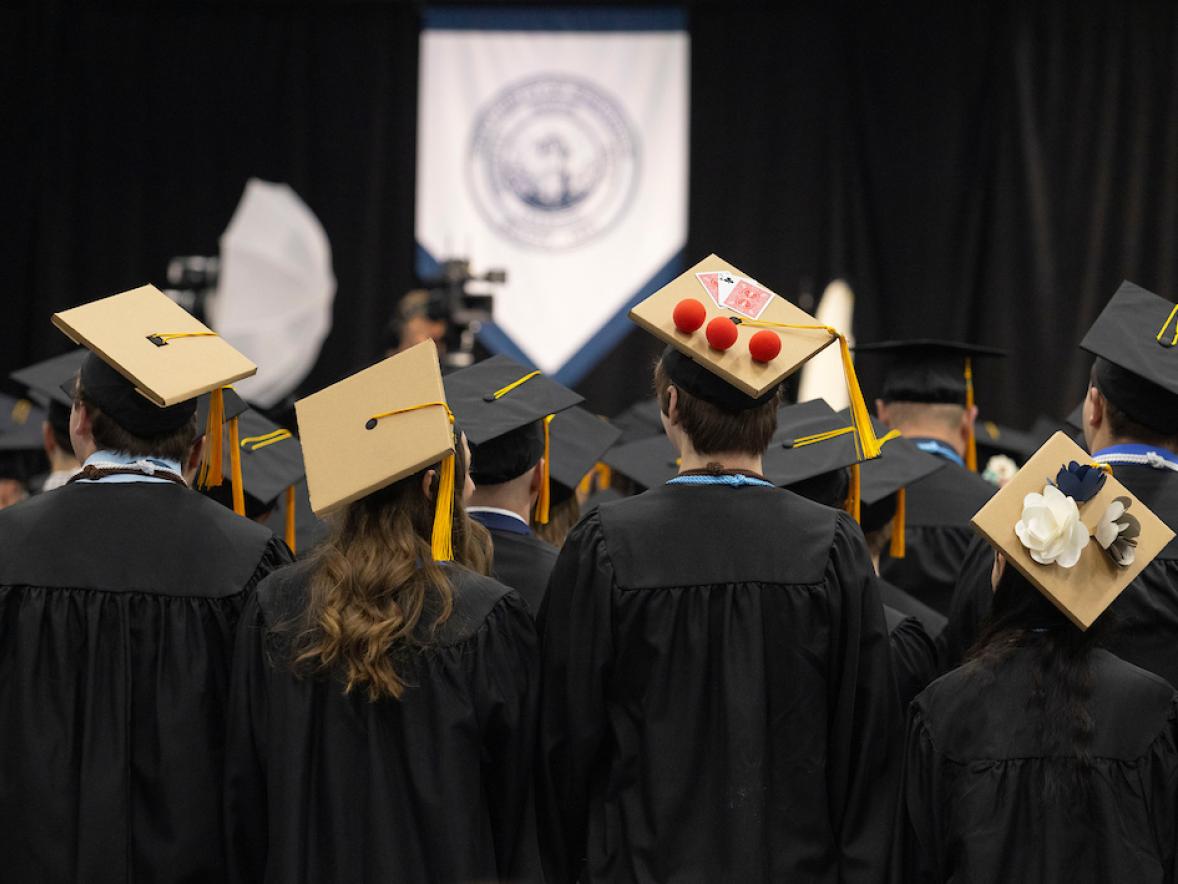For Heidi Fliehs, an enduring memory will be working one-on-one with excited Mexican schoolchildren. For Renee Murphy, it will be her time spent helping children with disabilities at a rehab center.
Fliehs and Murphy, along with seven other University of Wisconsin-Stout students, spent 2½ weeks in January in Cozumel, Mexico, for a special, first-time Winterm course, an experience they believe will stay with them the rest of their lives.
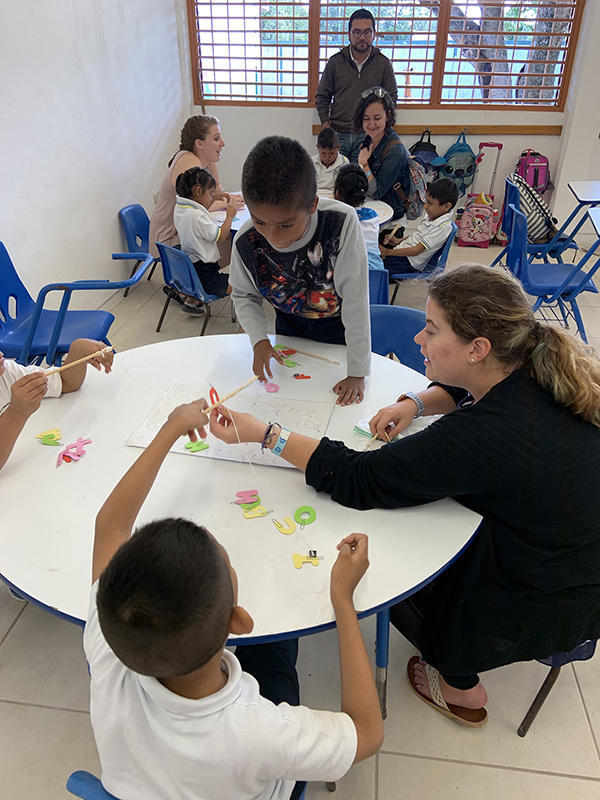 “I wanted to get the multicultural experience, learn more Spanish and be part of these students’ lives. I did all of that and more,” said Fliehs, an early childhood education major.
“I wanted to get the multicultural experience, learn more Spanish and be part of these students’ lives. I did all of that and more,” said Fliehs, an early childhood education major.
Murphy spent two days on the trip “observing and working directly with kids doing therapy, something I couldn’t get in the U.S. (because of certification requirements). It was an amazing experience,” said the rehabilitation services major.
The course helped Murphy, six early childhood and two special education majors practice and refine their skills while gaining a greater appreciation for another culture.
The weather, scenery, food and sightseeing at one of Mexico’s most popular tourist destinations made the trip even more memorable. Cozumel is a 188-square-mile island off the Yucatan Peninsula. The island is known for its bright coral reefs and beaches. Many of the 100,000 residents work in the tourism industry.
“I was so proud to take the students to the schools and see how they worked collaboratively, and we had a blast on our excursions,” said Assistant Professor Terry Kohlmeier, who led the trip.
The students even danced at the weekly Sunday night gathering on the town square. They also visited the winter home of Mary Hopkins-Best and Dick Best, Menomonie residents. Hopkins-Best, former dean of the College of Education, Hospitality, Health and Human Sciences at UW-Stout, helped with trip connections.
Students paid their travel expenses along with the class cost.
“With a group, you dive right in and have connections. You can get a lot in,” said Murphy, a senior from Tinley Park, Ill., who is minoring in Spanish. “I appreciated being able to experience the cultural side of the trip and the therapy side. I used Spanish the whole time I was there.”
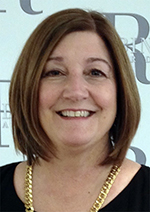 Beneficial experiences
Beneficial experiences
Kohlmeier and Associate Professor Ruth Nyland, both from UW-Stout’s School of Education, planned the course for two years. They visited Cozumel in advance with grant funding. Two people from the University of Quintana Roo, which has a Cozumel campus, visited UW-Stout in advance to make arrangements with the Office of International Education.
Students volunteered in four elementary and middle schools and the rehab center; all were public except for a Montessori school. Students used lesson plans they developed in advance, including adapting lessons for special needs children. Each student spent 40 hours in classrooms.
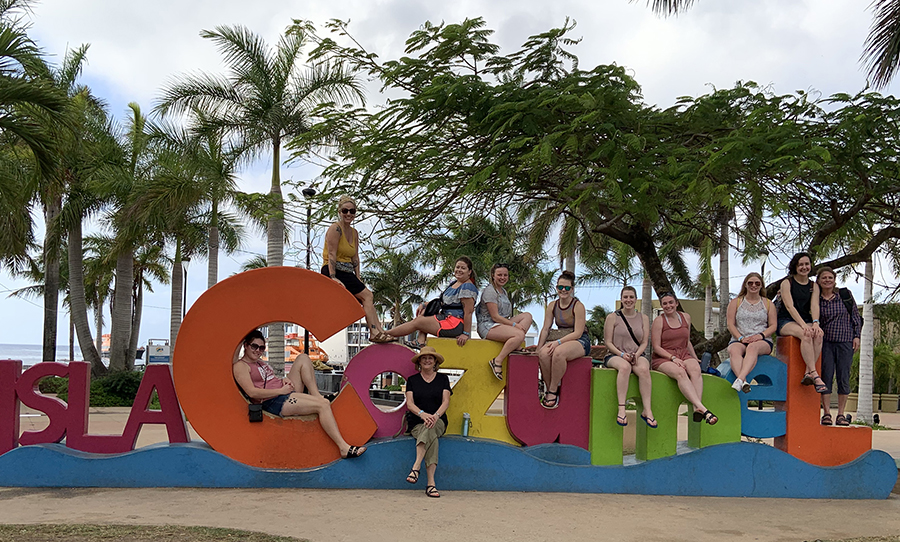
Along with Fliehs and Murphy, the students were:
- Lindsey Fick, of Lake City, Minn., first year, early childhood education
- Brianna Graff, of Menomonie, sophomore, special education
- Mara Harter, of Sauk City, senior, special education
- Sarah Larson, of Menomonie, senior, early childhood education
- Kristen Pease, of Rochester, Minn., senior, early childhood education
- Chelsea Stuttgen, of Colby, senior, early childhood education
- Amayssia Wahljohnson, of Arena, junior, early childhood education
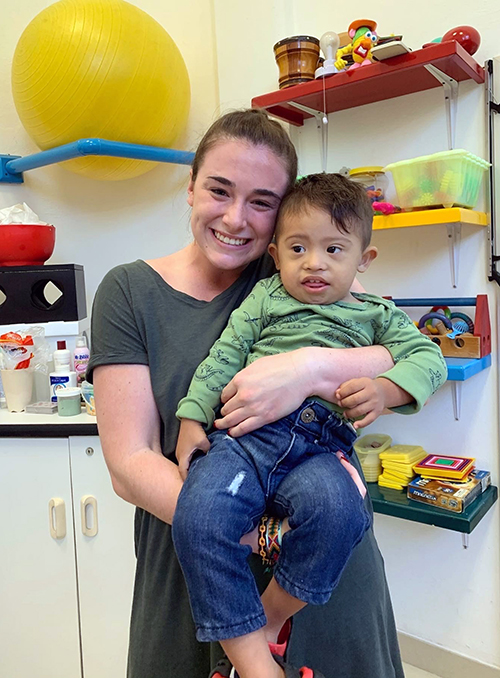 Added course benefits included getting credits for certifications, Spanish minor, pre-teaching and global learning perspective, Kohlmeier said. They took Spanish language lessons through Quintana Roo.
Added course benefits included getting credits for certifications, Spanish minor, pre-teaching and global learning perspective, Kohlmeier said. They took Spanish language lessons through Quintana Roo.
“We made it very practical. That’s the Stout way,” Kohlmeier said. “They learned a lot about Mexican culture, increased their awareness of early childhood education and of education in general. It was meaningful, functional and diverse.”
Students called the experience eye-opening. The schools don’t have playgrounds and lacked basic learning aids, like crayons and markers, that are taken for granted in the U.S. The class brought a suitcase of supplies, UW-Stout students made some of their own classroom aids, and the UW-Stout library donated children’s books that were out of circulation.
Fliehs, a junior from Medford, remembers working with a young girl who needed foot surgery and how excited the girl was about the activity Fliehs had planned. The girl couldn’t wait to show her mother what she’d done.
“It was special seeing the impact we had on kids when we came into the room. They were so happy to see us and eager to learn,” Fliehs said.
Murphy, who plays third base on the UW-Stout softball team, plans to pursue a master’s degree after graduating in December and become an occupational therapist. “I realize now it’s a privilege to be able to get my degrees,” she said.
In high school she was a peer mentor to a student with cerebral palsy. In Mexico, she worked with children who had Down syndrome and cerebral palsy. “They loved having us there and asked us if we were coming back tomorrow,” she said.
###
Photos
UW-Stout students Heidi Fliehs, front table, and back table Amayssia Wahljohnson, left, and Kristen Pease help children in a Cozumel, Mexico, school with activities.
Terry Kohlmeier
Nine UW-Stout students along with professors Terry Kohlmeier, third from left, and Ruth Nyland, right, went to Cozumel, Mexico, in January to volunteer in schools.
Renee Murphy, a rehabilitation services major, spent two days at a rehabilitation center in Cozumel, Mexico, during the UW-Stout Winterm course.





